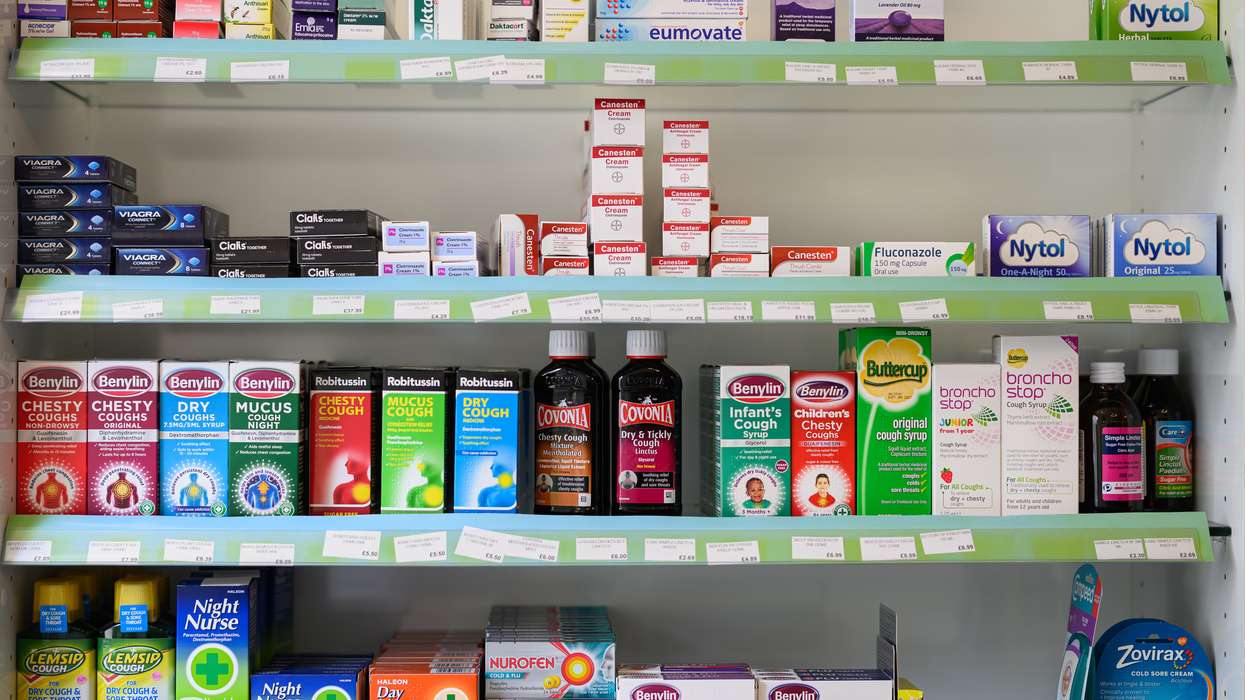The NHS has secured a deal for ‘Pembrolizumab’ to treat women with triple-negative breast cancer.
Up to 1,600 women a year affected by high risk triple-negative breast cancer are set to benefit from the confidential deal struck by the NHS and the Merck Sharp and Dohme’s (MSD), manufacturer of Pembrolizumab.
Triple-negative breast cancer affects around 8,000 women a year – accounting for 15% of all breast cancer cases.
This will be the 25th breast cancer treatment fast-tracked to patients through funding from the Cancer Drugs Fund and the second treatment for triple negative breast cancer to be introduced this year on the NHS.
NHS chief executive, Amanda Pritchard, said: “This is a hugely significant moment for women – the NHS has struck a new deal to roll out a potentially life-saving drug for patients suffering with the most aggressive form of breast cancer that has been traditionally very difficult to treat.
“This is just the latest commercial drug deal that the NHS has struck for patients – once again highlighting the innovative treatments available at a price that represents good value for money for taxpayers.”
The National Institute for Health and Care Excellence (NICE) has published final draft guidance recommending the use of pembrolizumab in combination with chemotherapy on the NHS, following the commercial deal being struck.
NHS director of specialized commissioning, John Stewart, said: “Pembrolizumab is the second drug the NHS has secured for women with triple-negative breast cancer this year, and just the latest in a series of commercial drug deals struck by the NHS to ensure patients have access to the best possible treatments.”
Minister for Health, Helen Whately, said: “This treatment will give new hope to thousands of breast cancer patients at the highest risk, and has been made possible by the government’s £340 million Cancer Drugs Fund, which has already fast tracked almost 100 cancer treatments and benefitted over 80,000 patients since 2016.”
The drug, manufactured by MSD, has already benefitted women who have been given it either on a compassionate basis or as part of clinical trials.
The NHS has agreed deals for a number of breakthrough drugs this year, including the lifesaving gene therapy, Libmeldy for children with the rare condition metachromatic leukodystrophy, and a first new treatment in nearly 15 years for respiratory cancer, mesothelioma.
David Long, Head of Oncology at MSD UK, said: “Collaboration between MSD and NHS England has resulted in a positive NICE recommendation which will benefit some people with early stage TNBC. Previously, there was no immunotherapy treatment option available for people with early stage or locally advanced TNBC, creating an unmet need for these patients. I am delighted that many patients in England can now benefit from the first immunotherapy for this type of cancer, which will hopefully enable a more positive treatment outcome.”











